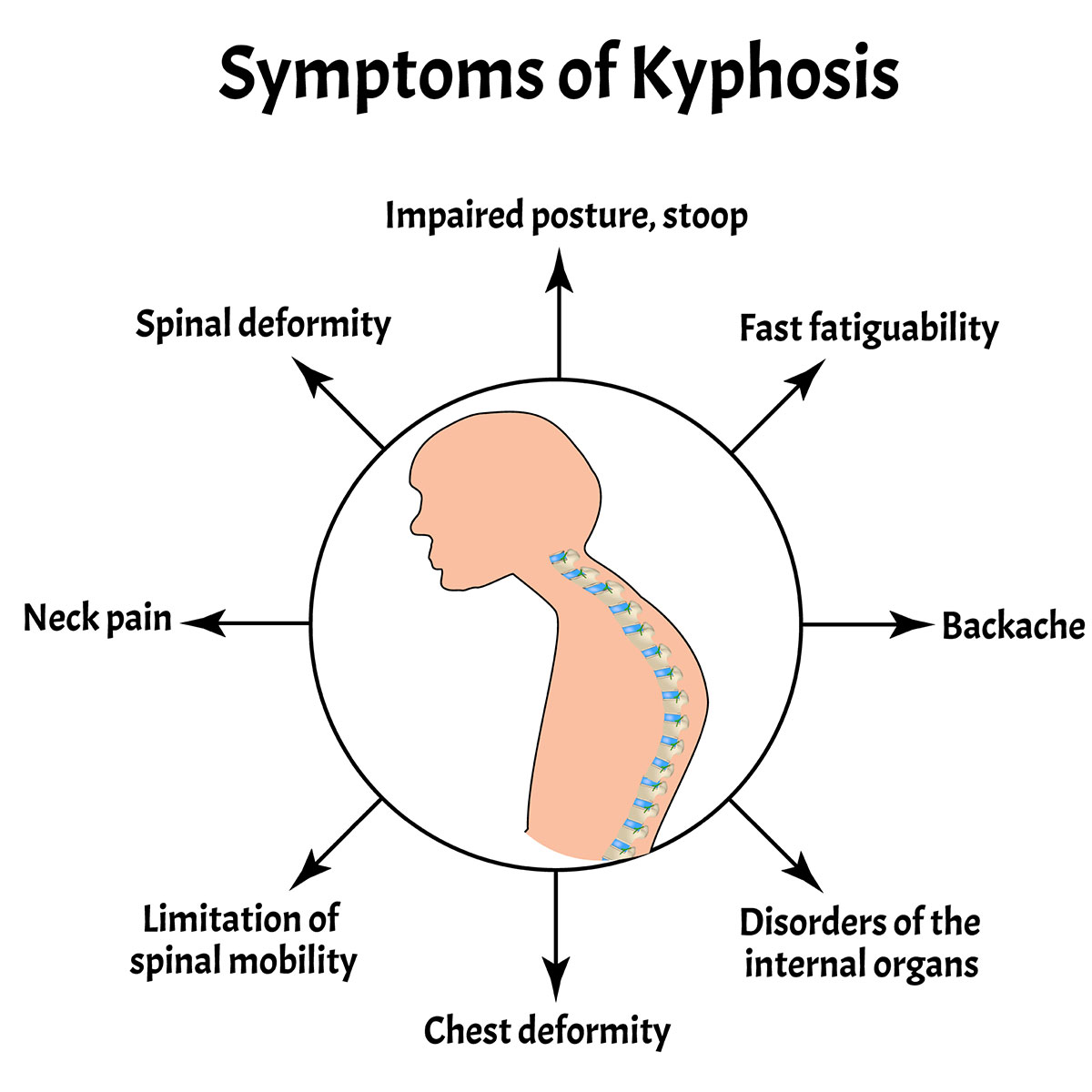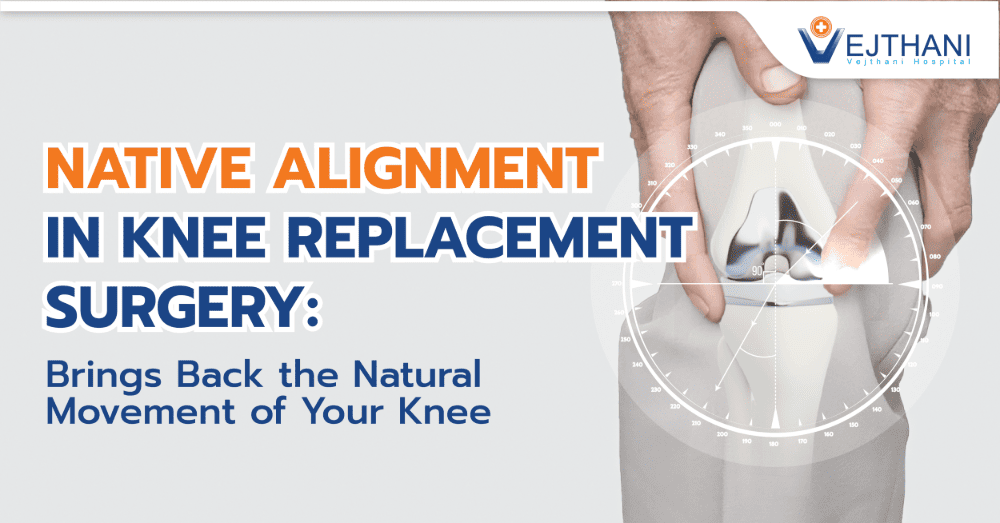
Kyphosis


Overview
Kyphosis is the overly hunching forward (curvature) of the back which is most common in older women but it can also happen at any age. The spinal bones become fragile when you get old which can lead to kyphosis. The spinal cord is being compressed or cracks in this condition. When it occurs in infants or teenagers, it is due to deformity of the spine causing the reduction in spinal bone gap as time goes by. There are fewer complications related to mild kyphosis but if it is a severe type, it can cause pain and deformity.
Signs and Symptoms of Kyphosis
There may be no specific signs and symptoms in mild kyphosis but some may complain of back pain and stiffness aside from the unusual curvature of the spine. If you notice that the curvature is getting worse, it is recommended to see the doctor.
Causes of Kyphosis
The vertebrae are being lay on top of each other together making up the spine so when they appear to look wedged in the upper back part, kyphosis happens.
The following can be the reasons of abnormalities in the vertebrae.
- Fractures. When the vertebrae has a compression fracture (broken or crushed bones), the spine will create a curvature. If the curvature is mild, it’s possible that you cannot find any signs and symptoms.
- Osteoporosis. This condition is mostly found in women and those who were given a long-term treatment of corticosteroids. Osteoporosis makes the bone brittle resulting to the vertebrae to have compression fracture. This leads to a curvature of the spine.
- Disk degeneration. The spinal disks are soft and round materials that cushions the vertebrae. When you get older, the disks dry out and shrink leading to severe kyphosis.
- Scheuermann’s kyphosis (Scheuermann’s disease). This condition starts during puberty period which affects boys more than girls.
- Birth defects. Kyphosis may also as congenital defects, when the spinal bones fail to develop.
- Syndromes. Specific syndromes can cause curvature of the spine such as Ehlers-Danlos syndrome and Marfan syndrome.
- Cancer and cancer treatments. Not only can spine cancer cause the bones to have compression fracture leading to kyphosis, but also chemotherapy and radiation therapy.
Contact Information
service@vejthani.com






















